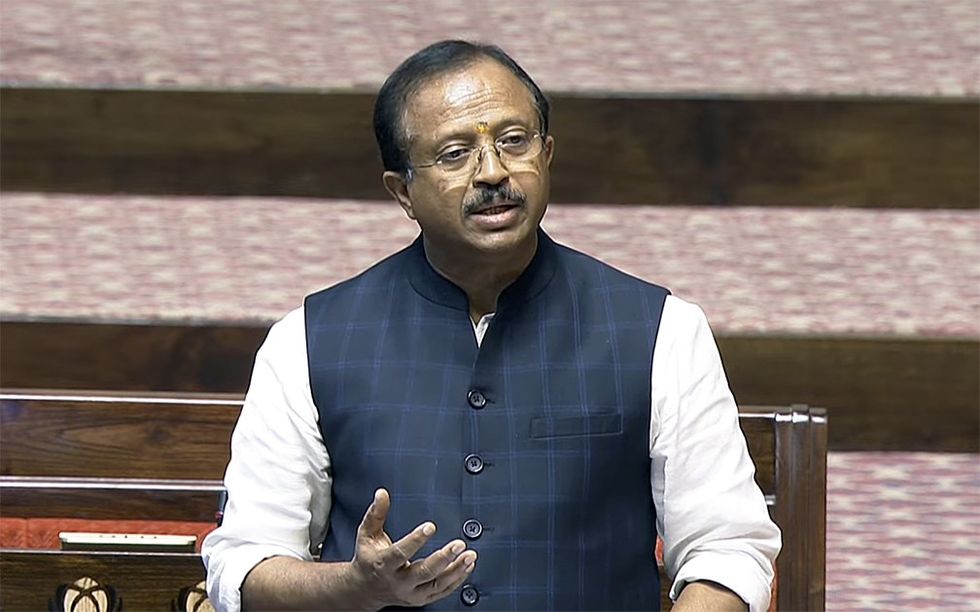Labour MP Gareth Thomas has urged the Bank of England to ensure that any currency notes issued in future will not contain animal fat, following the controversy around the new £5 note.
In a letter to the Bank of England governor Mark Carney, the MP for Harrow West said many people were disappointed by the news that the notes contain tallow, a product which is derived from animal fat.
He wrote: “As you may be aware, many Hindus, Jains, Sikhs are vegetarian or vegan and avoid purchasing household products such as soaps or candles that contain animal products.
“There are many people therefore, who are deeply disappointed to learn that, despite occasionally going to great lengths to avoid goods that contain animal products, they have unwittingly been handling £5 notes containing tallow.”
Thomas asked the governor to commit to ensuring that the new polymer £10 and £20 notes, which are due over the next few years, will not contain animal fat, and that next time, faith communities be consulted during the process.
Since the Bank of England’s confirmation last month, Hindu temples across the country have been refusing to accept the new £5 note.
Bhaktivedanta Manor, the Hare Krishna temple in Hertfordshire, announced their decision in a Facebook post. It followed a statement by the National Council of Hindu Temples, which said the new note “ceases to be a simple medium of exchange but becomes a medium for communicating pain and suffering, and we would not want to come into contact with it”.
The revelation also prompted anger among religious groups as well as vegans and vegetarians and a petition from across the UK that has since been signed by more than 120,000 people.
It says: “We demand that you cease to use animal products in the production of currency that we have to use.”
Shree Satnam Mandir in Leicester, one of the oldest temples in the UK, said because they are a charity relying solely on donations, they will “reluctantly” be accepting the notes on their premises, but will not take them as donations to deities inside the actual temple.
The temple’s president, Vibhooti Acharya, told Eastern Eye: “We are very disappointed to learn that the new £5 note contains traces of animal fat. The notes have been in circulation for a couple of months. The government could have consulted us.”
The temple has since launched a campaign with other Hindu organisations to get the Bank of England to replace and resolve the matter as soon as possible.
The Australian pioneer of the polymer bank note, Professor David Solomon, said the polymer notes contain “trivial amounts” of tallow, which is also used in candles and soap.
“It picks up less drugs than paper notes and you don’t chop down trees. It’s more hygienic by a long way,” he said.

















 US secretary of state Marco Rubio with India’s foreign minister Subrahmanyam Jaishankar in Washington DC last Tuesday (21)
US secretary of state Marco Rubio with India’s foreign minister Subrahmanyam Jaishankar in Washington DC last Tuesday (21) Anit Mukherjee
Anit Mukherjee V Muraleedharan
V Muraleedharan Dr Sasikumar S Sundaram
Dr Sasikumar S Sundaram


 Workers clean communication equipment aboard INS Surat on January 11
Workers clean communication equipment aboard INS Surat on January 11